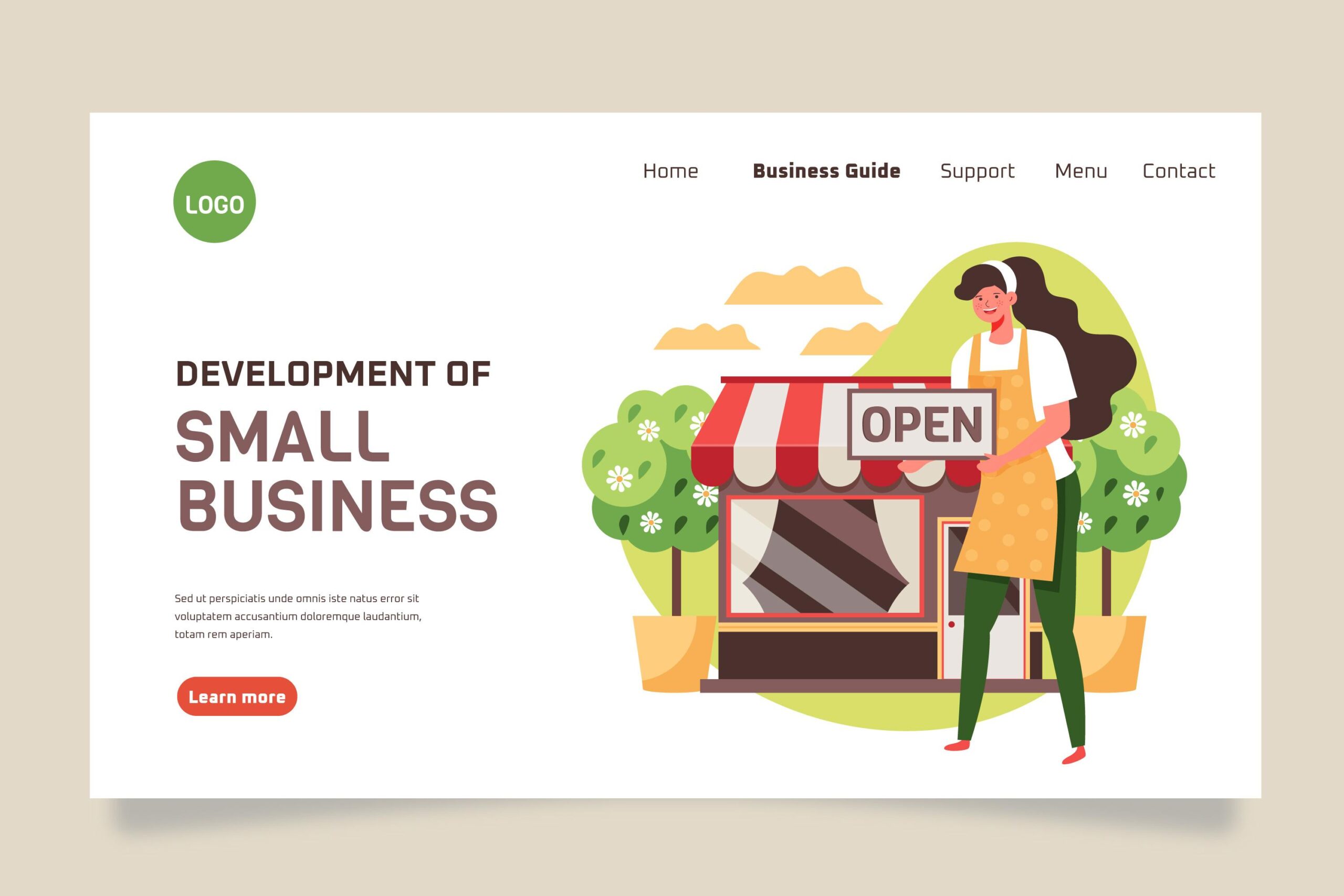The Importance of Building an Emergency Fund for Freelancers and Entrepreneurs

Being a freelancer or entrepreneur comes with its own set of challenges and rewards. While the flexibility and potential for financial success are enticing, it’s crucial to recognize the importance of building an emergency fund. In an unpredictable business landscape, having a safety net can provide peace of mind and financial stability during difficult times. This article will explore why freelancers and entrepreneurs should prioritize building an emergency fund and offer valuable insights into its benefits.
1. Protection Against Income Volatility
One of the key reasons freelancers and entrepreneurs should build an emergency fund is to safeguard themselves against income volatility. Unlike traditional employment, where a steady paycheck is guaranteed, freelancers and entrepreneurs experience fluctuating income streams. Clients may delay payments, projects may get postponed, or market conditions may change unexpectedly.
An emergency fund acts as a buffer during lean periods. It allows you to cover essential expenses like rent, utilities, and groceries, even when your income temporarily dwindles. By having a financial cushion, you can ride out these fluctuations without facing dire consequences or resorting to debt.
2. Protection Against Unexpected Expenses
Emergencies and unexpected expenses can arise at any time. From sudden medical bills to unexpected equipment repairs, these unforeseen costs can wreak havoc on your finances. Having an emergency fund in place helps you tackle such situations with ease.
For freelancers, unforeseen expenses can range from a laptop breakdown to the need for specialized software or tools. Entrepreneurs may face unexpected costs like legal fees, equipment maintenance, or office repairs. By having a dedicated emergency fund, you can address these financial obligations promptly without derailing your business operations or personal life.
3. Peace of Mind and Reduced Stress
Financial stress can be overwhelming, and it often impacts both personal and professional aspects of life. The constant worry about meeting financial obligations can hamper your productivity and creativity, ultimately affecting the quality of work you deliver.
By building an emergency fund, freelancers and entrepreneurs can gain peace of mind. Knowing that you have a financial safety net allows you to focus on your work without the constant fear of a financial crisis. This sense of security enables you to make better business decisions and concentrate on long-term growth.
4. Opportunity to Seize Business Ventures
Having an emergency fund doesn’t only protect you during tough times but also empowers you to seize new business opportunities. As a freelancer or entrepreneur, you may come across lucrative projects, collaborations, or investments that require initial capital. Without an emergency fund, you may miss out on these ventures due to a lack of available funds.
With a well-established emergency fund, you have the flexibility to invest in your business growth or take calculated risks when promising opportunities arise. This can accelerate your professional journey, open doors to new avenues, and significantly boost your earning potential.
5. Financial Independence and Long-Term Security
Building an emergency fund is an essential step towards achieving financial independence and long-term security. Freelancers and entrepreneurs often face irregular income and may not have access to traditional benefits like employer-sponsored retirement plans or health insurance.
By establishing an emergency fund, you create a foundation for your financial well-being. It enables you to meet your day-to-day expenses, save for retirement, and invest in personal development or business expansion. Over time, as your emergency fund grows, you gain more confidence and security, allowing you to focus on building a sustainable and thriving career.
Conclusion
In the volatile world of freelancing and entrepreneurship, building an emergency fund is not a luxury but a necessity. It provides a crucial safety net that protects against income volatility and unexpected expenses. By having an emergency fund, freelancers and entrepreneurs can navigate through lean periods and tackle unforeseen financial obligations without jeopardizing their businesses or personal lives.
FAQs
1. How much should I aim to save in my emergency fund as a freelancer or entrepreneur?
The ideal amount to save in your emergency fund depends on your individual circumstances. As a general guideline, aim to have three to six months’ worth of living expenses covered. Consider factors such as your monthly expenses, income volatility, and industry stability. If you have dependents or additional financial obligations, it may be prudent to save more to ensure a sufficient safety net.
2. Should I prioritize building an emergency fund even if I have other financial goals?
Yes, building an emergency fund should be a priority regardless of your other financial goals. While it’s essential to save for long-term objectives like retirement or business expansion, an emergency fund acts as a foundation for financial security. Without it, unexpected expenses or income fluctuations can derail your progress towards those goals. Allocate a portion of your earnings specifically for your emergency fund until you have a comfortable cushion in place, and then allocate funds towards other financial objectives.











